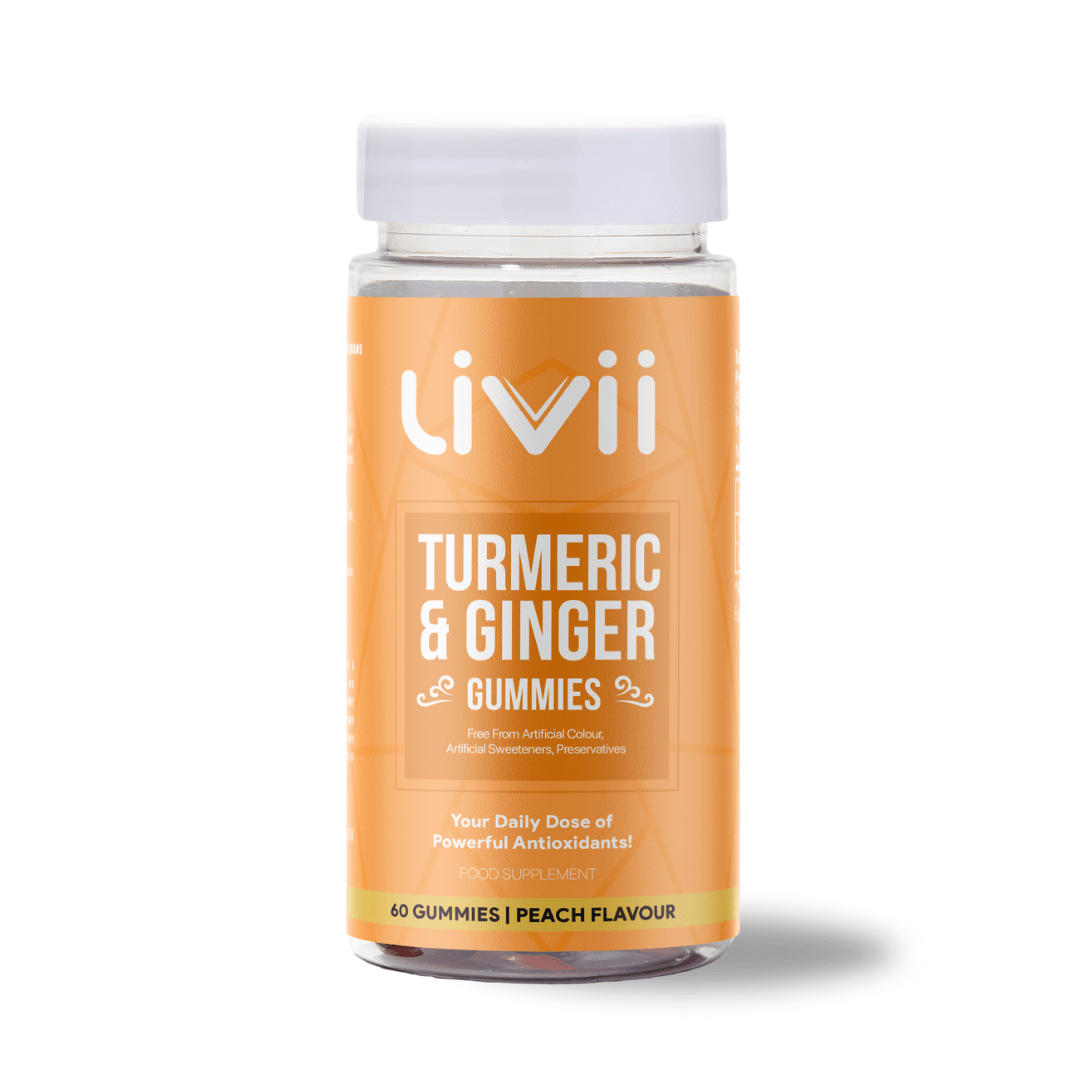Intermittent fasting has gained popularity as a versatile and effective approach to weight management and overall health. It involves cycling between periods of eating and fasting, and it has been associated with numerous benefits, from weight loss to improved metabolic health.
In this article, we’ll explore the advantages of intermittent fasting, provide practical how-tos, and offer tips to help you make the most of this dietary strategy.
Benefits of Intermittent Fasting
Intermittent fasting offers a range of benefits, both for physical health and mental well-being:
1. Weight Loss
One of the primary reasons many people turn to intermittent fasting is its effectiveness in shedding excess pounds. By limiting the window for eating, it can naturally reduce calorie intake, leading to weight loss.
2. Improved Metabolic Health
Intermittent fasting can enhance insulin sensitivity, lower blood sugar levels, and reduce the risk of type 2 diabetes. It also promotes the release of human growth hormone, which aids fat loss and muscle preservation.
3. Cellular Repair and Longevity
Fasting triggers a cellular process called autophagy, where cells remove damaged components. This process may contribute to longevity and a reduced risk of age-related diseases.
4. Heart Health
Intermittent fasting may improve heart health by reducing risk factors such as blood pressure, cholesterol levels, and inflammation.
5. Brain Health
Some studies suggest that intermittent fasting can support brain health, enhancing brain function, and reducing the risk of neurodegenerative diseases.
6. Simplicity
Unlike many other diets, intermittent fasting doesn’t require counting calories or meticulously planning every meal. It’s a straightforward approach that can easily fit into various lifestyles.
How to Practise Intermittent Fasting
There are several popular methods for intermittent fasting. The key is to choose the one that best suits your lifestyle and goals. Here are some common approaches:
16/8 Method
This method involves fasting for 16 hours and eating during an 8-hour window. For example, you might skip breakfast and eat between 12:00 PM and 8:00 PM. This is one of the most popular and flexible approaches.
5:2 Diet
In this method, you consume a regular diet for five days of the week and restrict calorie intake to around 500-600 calories on the other two non-consecutive days.
Eat-Stop-Eat:
With this method, you fast for a full 24 hours once or twice a week. This approach may be more challenging for beginners but can be effective for weight loss. Learn more about Eat-stop-eat here.
Alternate-Day Fasting:
This involves alternating between fasting days and regular eating days. On fasting days, you consume very few calories or none at all.
Warrior Diet:
The Warrior Diet entails fasting for 20 hours and eating a large meal within a 4-hour window in the evening. During the fasting period, small amounts of raw fruits and vegetables are allowed.
Conclusion
Intermittent fasting is a versatile and effective approach to weight management and overall health. Its benefits range from weight loss and improved metabolic health to cellular repair and longevity.
With various methods to choose from, you can find the one that best suits your lifestyle and goals. By following the how-tos and tips mentioned in this article, you can embark on a successful intermittent fasting journey, ensuring a healthier and more balanced lifestyle.
Remember that individual experiences may vary, so it’s essential to consult with a healthcare professional before starting any fasting regimen, especially if you have underlying health conditions.
Disclaimer: Health articles on medical conditions are for information only and do not form a basis for diagnosis. We recommend that if you have any concerns, speak to your doctor or pharmacist for further help and guidance.









